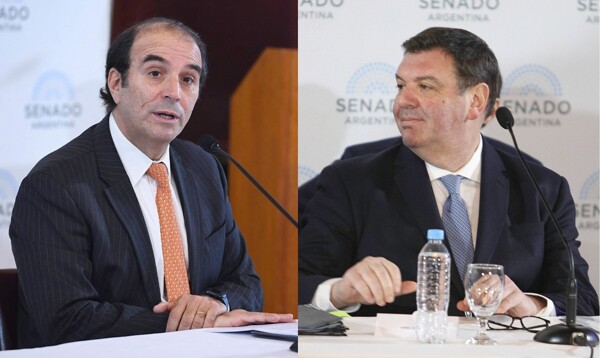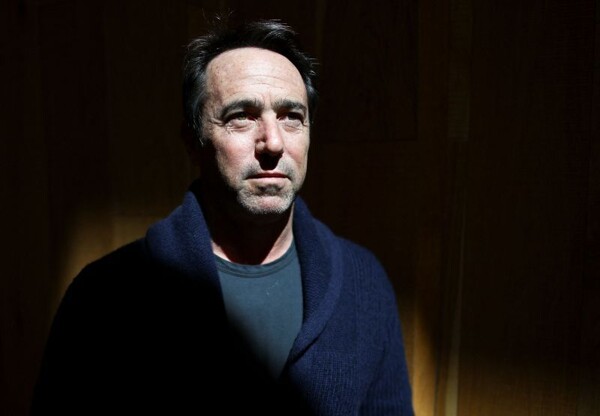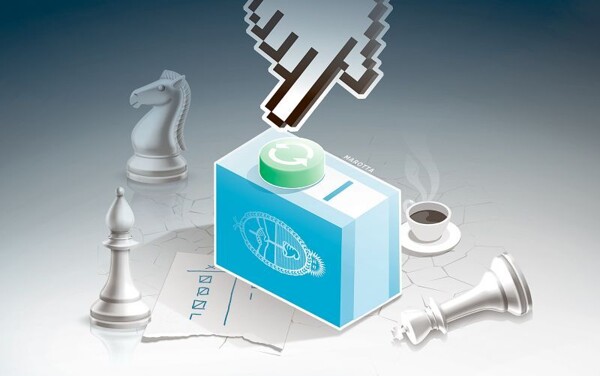
The far-right president of Argentina, Javier Milei, appointed federal judge Ariel Lijo and lawyer Manuel García-Mansilla as new members of the Supreme Court by decree, after not receiving Senate approval. According to the president's office, this decision was made to normalize the functioning of the country's highest judicial court, which currently has only three ministers.
Lijo and García-Mansilla were proposed by Milei to fill the vacancies left by Elena Highton de Nolasco and Juan Carlos Maqueda, who retired. To remain in the Supreme Court, both must be confirmed by the Senate after a specified period.
The opposition and constitutional lawyers have objected to this measure, arguing that it is a questionable procedure. In particular, the Union for the Homeland bloc, a center-left Peronist faction linked to Cristina Fernández Kirchner, had warned of its rejection of any temporary appointments to the Supreme Court.
Milei's government defends its action by citing a constitutional article that allows the Executive Branch to fill vacancies during Senate recess through temporary appointments, which expire at the end of the next Legislative session. However, constitutional experts have noted that this use of restrictive decrees can lead to serious consequences, including crimes such as abuse of power.
In particular, Lijo has faced criticism for alleged illicit enrichment and requests for removal throughout his 21 years as a federal judge. Despite the temporary appointment, the ruling party failed to secure the necessary votes in the Senate for its approval.
Milei's party, the third force in Congress, has faced significant obstacles in appointing new members to the Supreme Court due to the lack of political support, even from aligned opposition blocs.














